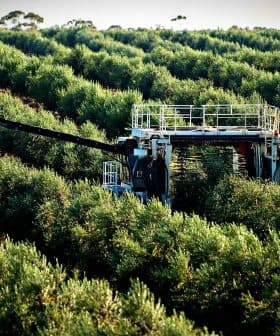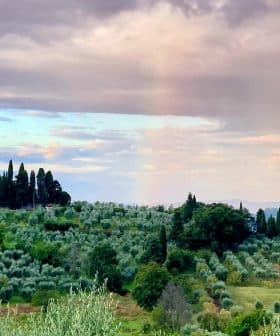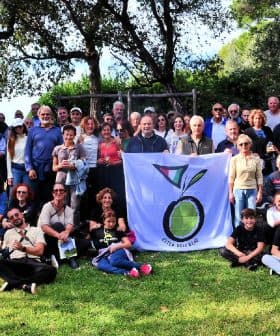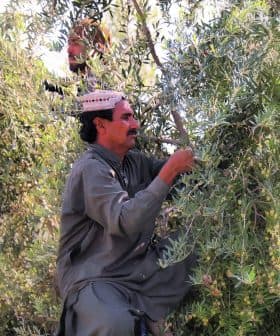 10.6K reads
10.6K readsProduction
Treatment to Mitigate the Impact of Xylella Fastidiosa Shows Promise in Italy
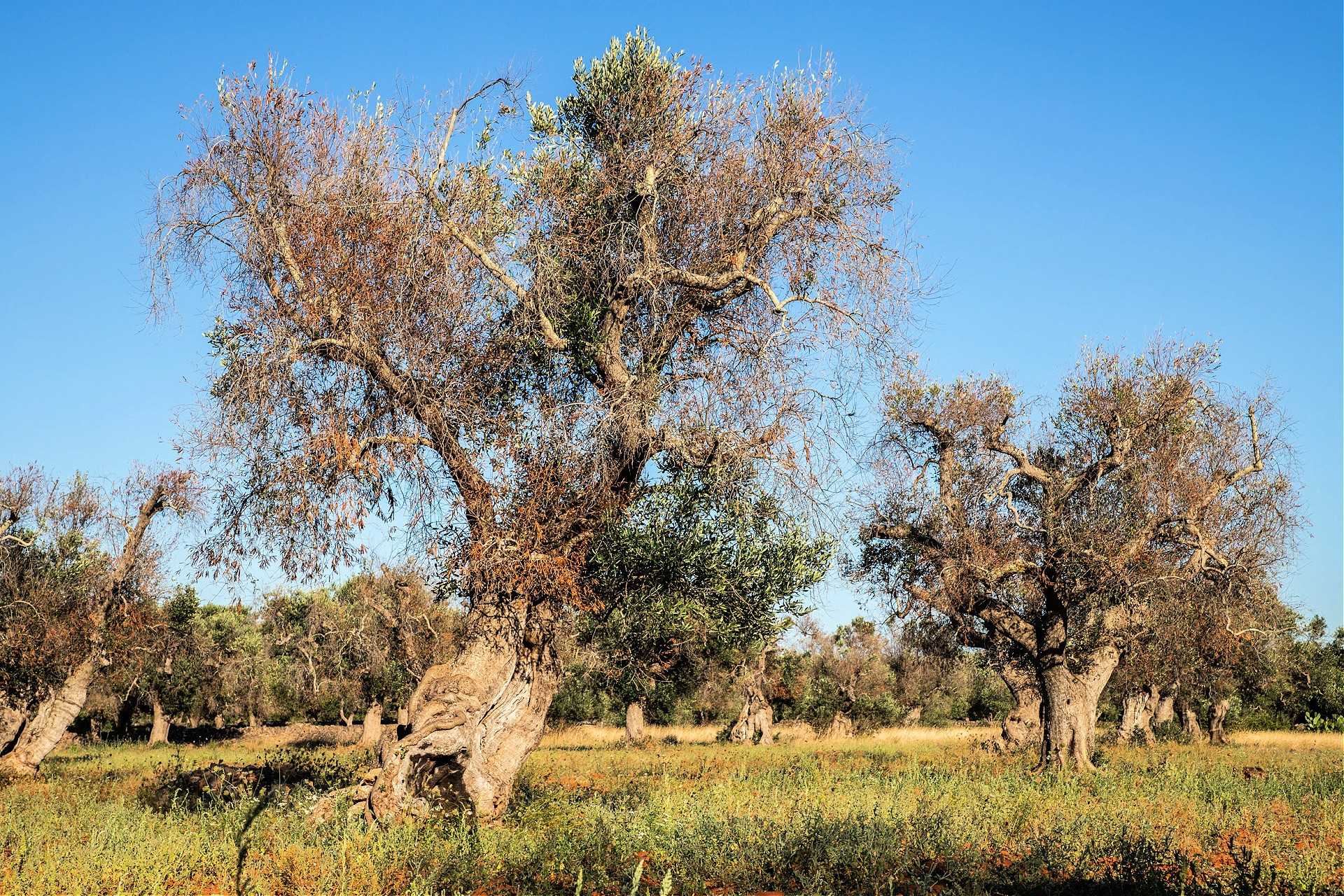
New evidence confirms that a treatment composed of zinc, copper, and citric acid is effective in mitigating the impacts of Xylella fastidiosa in Italy, particularly in the olive-producing region of Puglia. The treatment has shown bactericidal properties against three strains of Xylella, and researchers are planning to expand its use to combat other agricultural pests and diseases.
New evidence confirms that one of the most promising tools to combat Xylella fastidiosa in Italy is working.
As the new treatment, composed of zinc, copper and citric acid, has shown an ability to mitigate the impacts of the deadly olive tree pathogen, a growing number of farmers in the southern olive-producing region of Puglia are taking notice.
When regularly applied to trees, not only did they return to their normal production, but the differences in the resilience to Xylella of the different cultivars tended to minimize.
In a study recently published in the scientific journal, Pathogens, a team of researchers assessed the effects of the patented bio-complex both in the field and in vitro.
The compound has proven to be effective against three strains of Xylella, including the Pauca subspecies (Xfp), which has spread widely in Puglia.
See Also:Xylella Fastidiosa UpdatesThe bio-complex also demonstrated bactericidal properties in the in vitro experiments, inhibiting biofilm formation, which is essential for the development of all three of the tested Xylella strains.
“Our paper can be considered a follow-up of the previous research about the patented compound,” said Marco Scortichini, co-author of the study and research director of the Olive, Fruit Trees and Citrus Center at CREA (Council for Agricultural Research and Agricultural Economy Analysis).
“After a few years of constant treatments, we had to evaluate the results of our protocol of cohabitation with Xylella,” he told Olive Oil Times.
To study the effects of the control strategy, two olive groves in the most infected areas – the Salento region of southern Puglia – were monitored for three and four years, respectively, with molecular diagnostic PCR testing as the main tool of evaluation.
Researchers assessed the field symptoms and Xfp DNA concentrations in the trees on which the bio-complex was used. The protocol strategy did not aim to eradicate the bacteria from the territory, which would not be feasible due to the ability of Xylella to replicate in many different plants. Instead, it aimed to increase the resilience of the olive trees after being infected by the plant pathogen.
“The protocol provides for six treatments to be applied in the groves from March to September,” Scortichini said. “Protecting the trees with these kinds of interventions reminds me of what grape growers regularly do against the late blight disease.”
The bio-complex application method is also quite simple and requires the trees to be sprayed with the product, similar to what farmers currently do with many other agricultural compounds.
The monitored groves included 41 trees of three different cultivars – Leccino, Ogliarola salentina and Cellina di Nardò – all of which are typical of Salento.
“When regularly applied to trees, not only did they return to their normal production, but the differences in the resilience to Xylella of the different cultivars tended to minimize,” Scortichini said. “The results of the most sensitive to the bacteria, Ogliarola and Cellina, come close to the reaction of the most Xfp-resistant Leccino.”
“The bio-complex has shown its containment qualities even when diluted,” he added. “It can be diluted 1:100 without losing its efficiency.”
However, not all olive trees can be treated. Researchers pointed out that the Xylella containment success depends on the systemic absorption of the bio-complex. For those olive trees that have already been severely hit by the infection, it might be too late.
“For the current treatment to work, at least 50 or 60 percent of the crown must be intact,” Scortichini said.
Still, the treatment’s systematic nature makes it of interest for future tests that researchers have already planned.
“Thanks to a partnership with the Invaio company, we have programmed new field experiments starting next March or April, if the current Covid-19 pandemic will let us operate in the area,” Scortichini said. “The idea is to use a special sanitary agri-machine developed by the Swiss-American company to inoculate a specific dose of the bio-complex directly under the cortical layer.”
The goal is to expand the number of trees that can be treated while containing intervention costs.
“We should be able to work on the infected monumental secular plants as well,” Scortichini added.
Another area of application for the bio-complex is in the fight against the brown marmorated stink bug, the spread of which in northern Italy has caused extensive damage to the local agriculture in recent years.
“The team of professor Alberto Alma at the University of Turin has found that our bio-complex can be sprayed on the bugs’ eggs,” Scortichini said. “Once done, there is evidence that the product kills the symbiotic bacteria that feed the larva vital proteins. Without them, the larvae die in 98 percent of the cases.”
The results obtained by the first farmers to adopt the treatment are attracting an increasing amount of attention from other Apulian growers.
“We are seeing farmers joining in the provinces of Lecce, Taranto and Brindisi,” Scortichini said. “They are expanding the treated areas. We are currently at about 700 hectares and we are seeing large olive companies approaching [to learn more about the treatment].”




